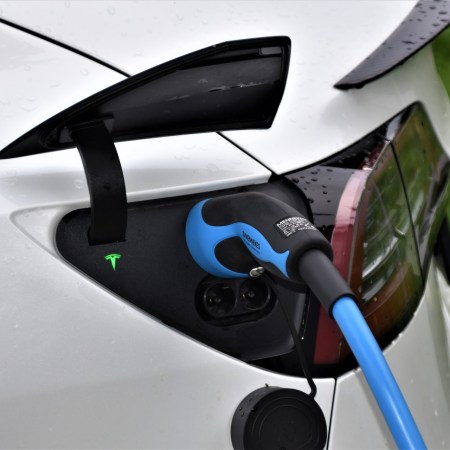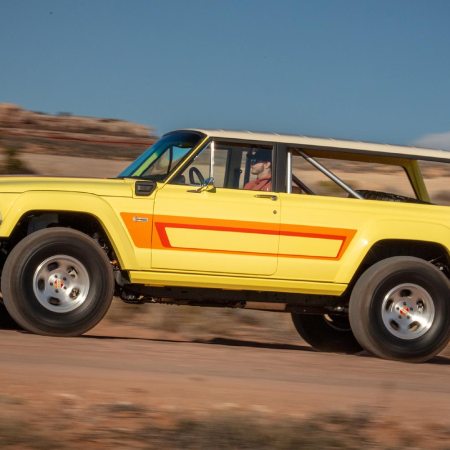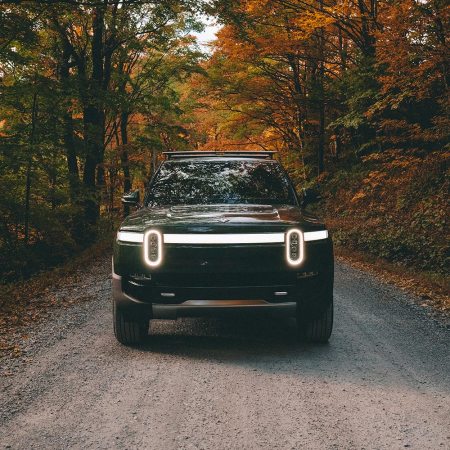Back in September 2017, the founder of vacuum giant Dyson committed $2.6 billion to develop electric vehicles. Earlier this year, James Dyson sent an email to company staff updating them on the EV project, saying 500 people were working on it and they would increase testing in June. But this week, Dyson sent another email to the company telling them the EV is dead.
The BBC broke the story on Thursday, noting that instead of admitting defeat, James Dyson claimed that the problem wasn’t that his team couldn’t develop an electric car to rival Tesla, they just couldn’t make money off it:
“The firm, headed by inventor Sir James Dyson, said its engineers had developed a ‘fantastic electric car’ but that it would not hit the roads because it was not commercially viable’.”
Those quotes come directly from Dyson’s email, which Fast Company published in its entirety here.
Another important revelation from the statement is that while the “automotive project” is officially closed, parts of it will live on. Notably, Dyson writes that the company will “expand at Malmesbury, Hullavington, Singapore and other global locations.” (Hullavington is an airfield where Dyson centered its EV development, and the company planned to manufacture the vehicle in Singapore.) Also, the company will “concentrate on the formidable task of manufacturing solid state batteries and other fundamental technologies which we have identified.”
The use of solid-state batteries instead of lithium-ion (which most electric vehicle manufacturers use, including Tesla) set Dyson apart, but it may have also contributed to its downfall, since they’re currently more expensive to make.
So what, exactly, did this “fantastic car” look like? Preliminary patents have been unearthed, but no real-life tests have been released. We may never know how far Dyson got, or what the EV looked like, unless someone comes out of the woodwork and buys the failed project. The company has been looking for a buyer but has “been unsuccessful so far.”
Subscribe here for our free daily newsletter.
Thanks for reading InsideHook. Sign up for our daily newsletter and be in the know.


















